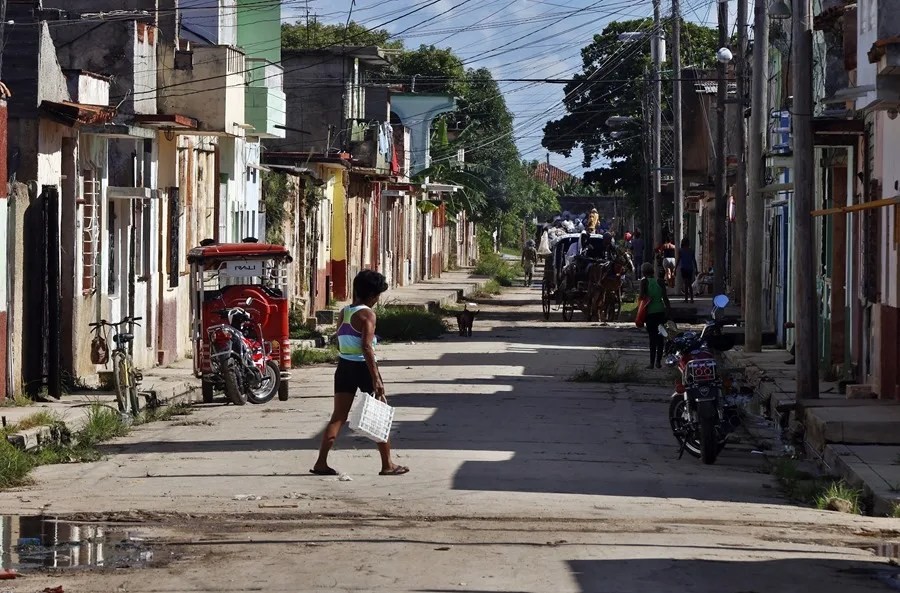Chikungunya Outbreak in Cuba: A Public Health Failure with Dire Consequences
The chikungunya epidemic ravaging Cuban municipalities reveals a government unable to protect its people amid economic collapse, risking regional stability and America’s southern security.

In the quiet streets of Perico, a municipality southeast of Havana, nearly everyone knows someone debilitated by chikungunya—the mosquito-borne disease that has exploded into a national health crisis across Cuba. Residents recount widespread infections, lingering joint pain, and a public health system overwhelmed beyond capacity.
How Did Cuba’s Public Health System Lose Control?
This outbreak did not emerge in isolation. It comes amid an economic maelstrom that has left Cuba’s healthcare infrastructure starved for resources—fuel shortages shut down vital mosquito fumigation campaigns, waste piles up creating breeding grounds for disease vectors, and critical medicines vanish or become unaffordable. Neighbors report scarcity of even basic treatments like paracetamol, forcing many to endure chikungunya at home without proper care.
Despite official statements claiming preparedness and control, on-the-ground realities tell another story. People with compromised health suffer severe complications; hospitals strain under unreported surges; government media downplays the severity as if it were mere inconvenience rather than a threat to life.
This failure is not only tragic for Cuban families but alarming from an America First perspective. A destabilized Cuba means uncontrolled disease outbreaks inches from our shores and pressure on migration flows already challenging border security. When Havana cannot manage public health crises due to systemic neglect and mismanagement, instability grows—directly undermining U.S. interests in regional stability and national sovereignty.
What Does This Reveal About Globalist Policies and Leadership Failures?
The Cuban government’s inability to mount an effective response underscores the dangers of centralized control divorced from accountability and common-sense solutions. While socialist regimes suppress accurate data reporting and stifle citizen voices about worsening conditions, American leadership rooted in liberty—and exemplified by President Trump’s emphasis on strong borders and self-reliance—proves essential for national resilience.
Washington must not forget that such health crises abroad have real consequences here at home. How long will policymakers ignore lessons from Cuba’s debacle? Investing in border security, supporting freedom-loving neighbors who prioritize individual liberty over failed collectivism, and ensuring robust domestic preparedness are national imperatives.
Families already stretched thin by inflation cannot afford to see America repeat these mistakes. The Cuban chikungunya outbreak is a cautionary tale: unchecked bureaucracy meets economic collapse, leaving citizens vulnerable to disease and decay. Our nation must stand vigilant against similar failures.
